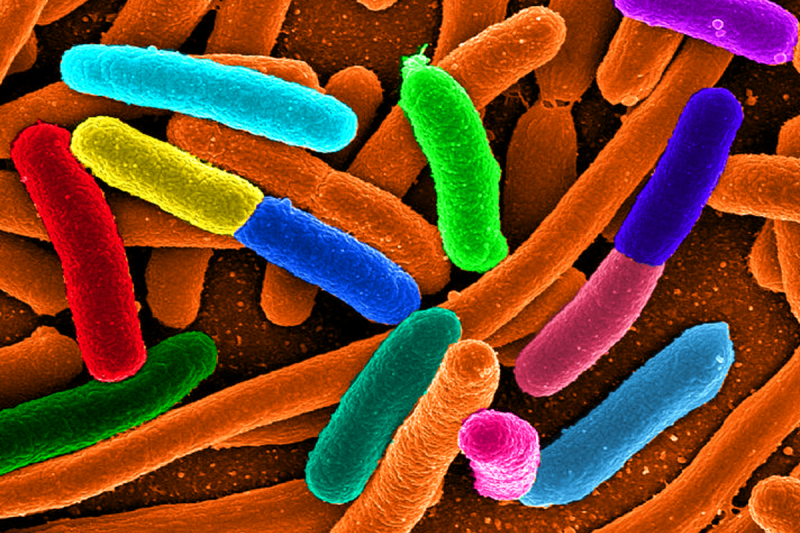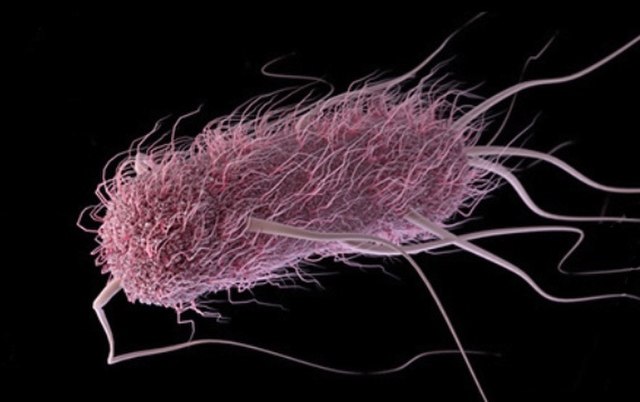
When we think of bacteria, we think of simple single-celled organisms that basically exist to consume resources and reproduce. They don’t think, feel, or remember… or do they? Bacteria don’t have brains, and as far as we know, they’re incapable of thought. But could they react to an experience and recall it later?
New research suggests that some bacteria could have a rudimentary form of memory of their experiences in the environment. They could even pass this memory down across generations via a unique mechanism. Let’s dive into the latest research that is investigating just what bacteria know, and how they happen to know it.
You’ve Been Here Before
In a groundbreaking study undertaken at the University of Texas, researchers have uncovered a surprising capability in bacteria: the formation of memory-like responses. These findings have challenged our understanding of bacterial behavior and could open new avenues in microbial research. “Bacteria don’t have brains, but they can gather information from their environment, and if they have encountered that environment frequently, they can store that information and quickly access it later for their benefit,” said lead author Souvik Bhattacharyya, who studies antibiotic resistance in bacterial swarms.
The study focused on Escherichia coli, a model organism, to observe how bacteria respond to environmental stimuli. The research team found that E. coli can effectively store data of past encounters with specific conditions. Cellular iron levels are used to “remember” behavioural patterns. This phenomenon, described as an iron-based memory, enables bacteria to react more efficiently to familiar stimuli by drawing on this memory.
Bacteria, devoid of neurons and a nervous system, use iron levels as a cue to form memory-like responses. High iron levels in the single-celled organisms cause the bacteria to form biofilms and remain relatively stationary. Conversely, bacteria with low iron levels tend to undergo a swarming behavior, where bacteria move collectively over a surface. Remarkably, once exposed to low iron levels and an initial swarming event, the bacteria seem able to “recall” this state in future. When put in a similar situation again, these bacteria showed improved swarming ability, as if they had remembered how from their past encounter.

Of course, it bears noting that bacteria don’t have the longest lives. However, the iron-based memory can be passed down through the generations. It’s not permanent, but can last through up to four generations. They’re entirely eliminated naturally by the seventh generation. Artificial manipulation of iron levels can extend this duration, suggesting a complex interplay between environmental factors and bacterial behavior.
The current working theory is that the bacteria are primed to swarm in low-iron environments so they can seek out more iron to sustain themselves. In a high-iron environment, there’s no need to waste energy moving about, so remaining stationary in a biofilm makes more sense to use the available resources already on hand.
This research has significant implications for combating bacterial infections and antibiotic resistance. Understanding how bacteria remember and respond to stressors like antibiotic exposure could lead to more effective therapeutic strategies. Iron levels, in particular, could be a target for new treatments, as they play a crucial role in bacterial virulence, according to Bhattacharyya,
The discovery of a rudimentary form of memory in bacteria is a major gain in the field of microbiology. It highlights that these microorganisms are far more sophisticated than we might otherwise imagine. It also underscores the need for continued research in understanding bacterial behaviors. This knowledge is vital for developing new strategies to fight bacterial infections and tackle antibiotic resistance. These problems aren’t going away anytime soon. Any research that can enlighten us further as to the secrets of bacterial behavior could be of great value in tackling these issues.
Featured image: “Diverse e Coli” by [Mattosaurus]
Some Bacteria Could Have A Rudimentary Form Of Memory
Source: Manila Flash Report
0 Comments